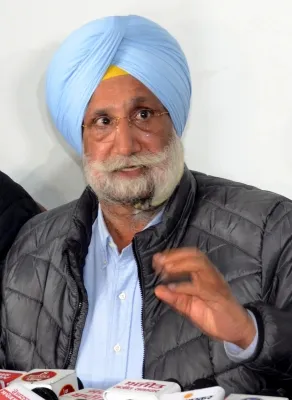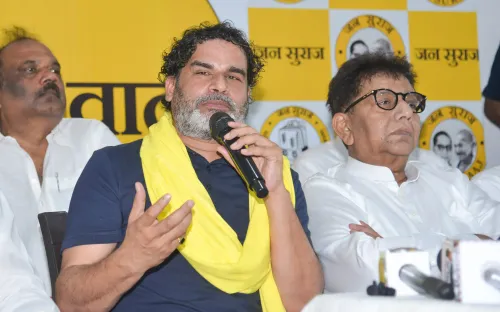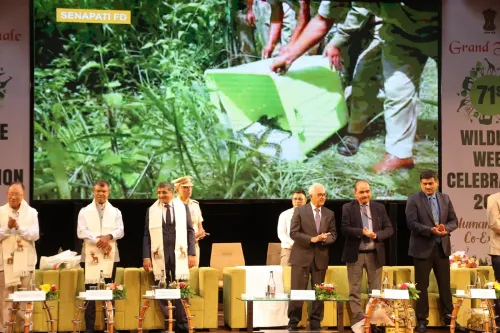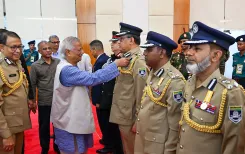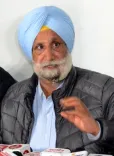Will Nine Indian Government Officers Gain Specialized Academic Knowledge in Japan?
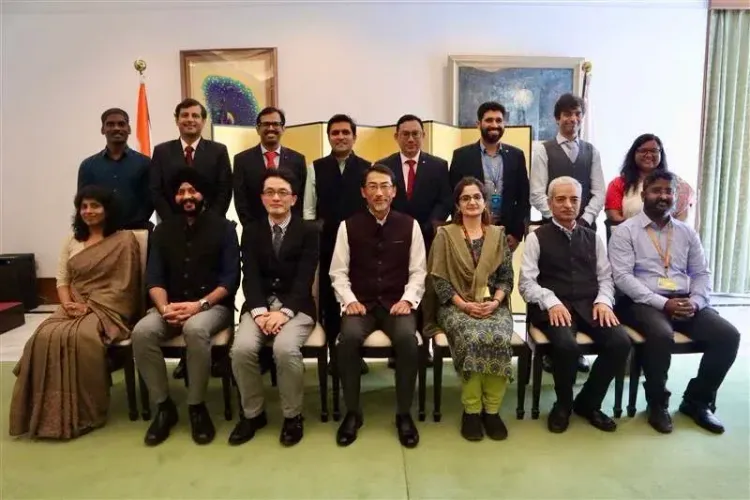
Synopsis
Key Takeaways
- Nine Indian civil servants selected for postgraduate studies in Japan.
- Part of the JDS program aimed at enhancing governance.
- Studying at top Japanese universities.
- Aligned with 'Viksit Bharat 2047' vision.
- Expected to foster stronger India-Japan ties.
New Delhi/Tokyo, Aug 2 (NationPress) A formal send-off ceremony took place for nine Indian civil servants selected to pursue their postgraduate studies in Japan through the Japanese government’s esteemed 'Project for Human Resource Development Scholarship' (JDS) program.
“Nine talented young Indian civil servants are on their way to premier Japanese universities for graduate studies under the JDS initiative. They have shown a strong determination to contribute to Viksit Bharat upon their return,” stated ONO Keiichi, Japan's Ambassador to India, in a post on X this past Saturday.
“I eagerly anticipate their role as enduring bridges between Japan and India,” he added.
The selected officers, chosen through a stringent selection process, represent elite services including the Indian Administrative Service (IAS), Indian Revenue Service (IRS), Indian Railway Service of Engineers (IRSE), and Indian Telecommunication Service (ITS).
They will be pursuing a two-year master's degree at leading Japanese institutions such as the University of Tokyo, Waseda University, Hitotsubashi University, and Kobe University.
Initiated in 1999 as part of Japan's '100,000 Foreign Students Plan', the JDS program aims to assist young government officials from partner nations in acquiring specialized academic knowledge in Japan. Upon their return, these individuals are expected to assume leadership positions in governance and development while enhancing bilateral cooperation.
The India-specific JDS initiative commenced in 2024 and aligns with the 'Viksit Bharat 2047' vision, which aims to transform India into a developed nation by its centenary of independence. Central to this vision is the active engagement of youth in fostering inclusive, sustainable, and innovation-driven growth.
The selected fellows, averaging 38.2 years in age, have demonstrated a strong sense of national duty and a desire to implement administrative and policy reforms upon their return. Their educational experiences in Japan are anticipated to bolster their professional skills and enhance mutual understanding and personal connections between the two countries.
The event included opening remarks from the Ambassador of Japan, followed by speeches from representatives of the Government of India, a JICA official, and a fellow representing the group.

